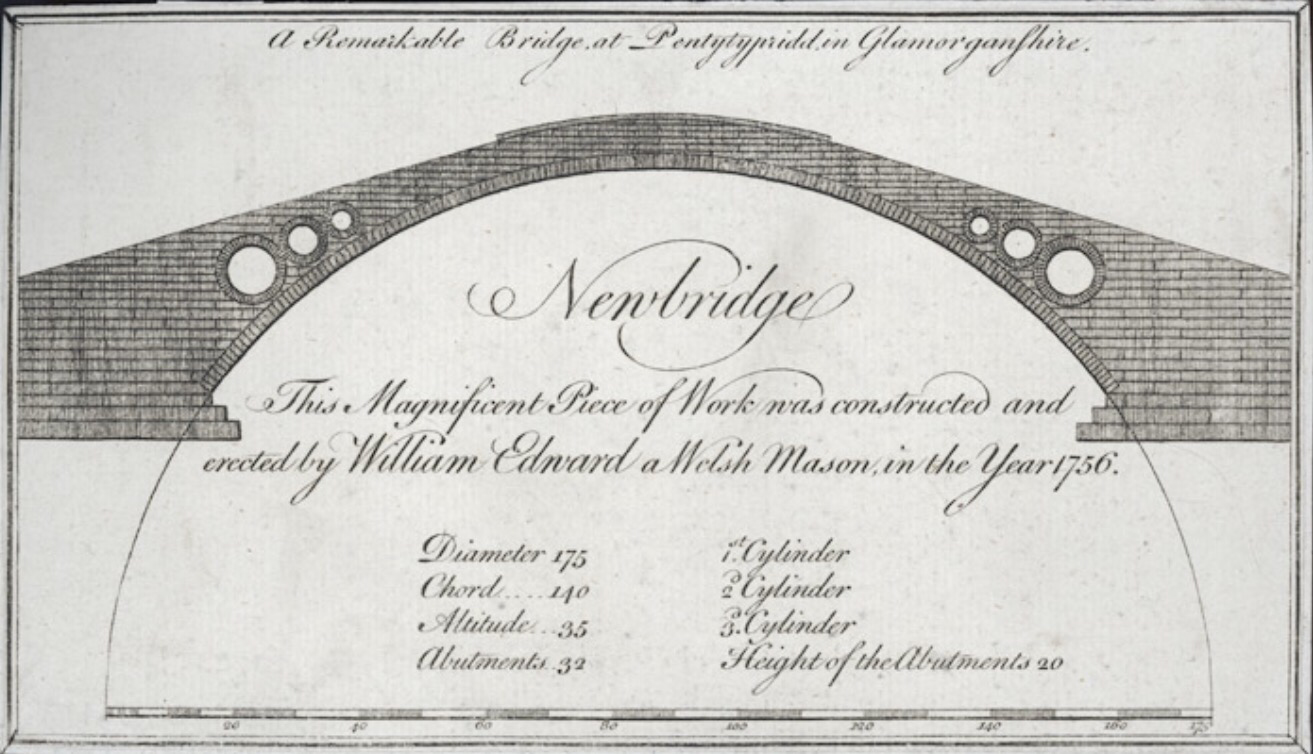 My old friend Martyn tells a lovely story about one of the most important jobs he’s done during a lifetime of working on building sites – distracting the Site Agent.
My old friend Martyn tells a lovely story about one of the most important jobs he’s done during a lifetime of working on building sites – distracting the Site Agent.
Basically this exploits one of Martyn’s superpowers, the ability to talk to anyone, for quite a long time if needed. This superpower comes into play when there is a ‘bit of a nuisance’ Site Agent involved. Site Agents are those people who: check up, keep things on track, make sure standards are complied with and report back to someone in a senior position. I’m sure you recognise the role. This story may relate to a Site Agent, but you could equally apply the principles to regulators, inspectors or even auditors…
Martyn’s task in the case of this Site Agent was to distract him so that the rest of the brick laying gang could get on with the serious job of building houses. As it happens this particular Site Agent was a distractionist’s dream. An ex-serviceman, so all Martyn needed to do was mention something with a military connection. The resulting conversation would continue until home time and there were no irritating checks and unnecessary inspections. Brilliant, everyone was happy – except the trainee brickie – who had to carry his own concrete blocks while Martyn was distracting.
Six Ways to Deal with an Ofsted Invasion. This nugget was recently published by the Times Educational Supplement (a serious grown up publication) and you can also find it on the author Matt Bromley’s blog. I’d recommend reading it to anyone who’s involved in inspection, regulation or audit.
For some it might just confirm everything you’ve always suspected about inspected bodies, they see Inspectors as ‘the enemy’, and have ‘tactics’ to ‘thwart their attack’. Alternatively, you might be appalled at the idea of inspection being seen as anything other than a positive experience. A transparent collaborative process where everyone comes away feeling like they are in a better place. I’ll leave it to you to decide where you sit on that spectrum…
Here are Matt Bromley’s Six Tips for dealing with an ‘Ofsted Invasion’ (with some summarising)
- Pick Your Battles. Know your strengths and defend them. Be prepared to make sacrifices and sustain ‘losses’ where necessary (see #7 later)
- Prepare Colleagues for Meetings. Basically this means getting everyone briefed and on message.
- Debriefing Meetings. Find out what as been said, quickly. It might give you pointers about where the Inspectors are looking so you can do more preparation.
- Prepare Position Statements & Briefings. This ‘does what it says on the tin’. Have your version of the truth ready to hand to the Inspectors.
- In-Year Data. Have details of how things are performing now (unless its worse than last year, you might want to hold onto that).
- Impact, Impact, Impact. Have everyone prepared to explain the impact of what you do and answer the ‘so what?’ question.
#7 Satisfaction of Search Bias. This one is my suggestion. I’m going to stay neutral here and offer it as something that Inspectors should be aware of, and the ‘Inspected’ should not be trying to exploit – you are only cheating yourself in the long run (said sincerely and as un-self-righteously as possible).
The basic idea is that, once you’ve found what you are looking for, you don’t put too much effort into looking for anything else. There might be a potential disaster waiting around the corner, but you stop looking, happy with the ‘prize’ you are holding.

Be more like Salvo Montalbano. All of this research and science is fine, but we know this stuff already… Well, we should if we’ve ever read a detective novel or watched any of the ‘good’ detective films and shows. The plots will generally have an ‘obvious but wrong’ option and a ‘right but harder to work out’ storyline. This is one that the clever (but emotionally flawed) detective manages to work out – despite the the blundering interference of superiors.
Inspector Montalbano, the Sicillian Detective (Star of Saturday night BBC4) is (in my view) the finest example of this approach. That’s all I want to say on the matter.
How would I respond to an Inspector Invasion? I’m not going to answer that directly, just give a few examples of tactics that some of my ‘acquaintances’ have owned up to:
- A Lavish Lunch. Particularly if the Inspectors have travelled a long way and are heading back at the end of the day.
- A Welcome Committee in Reception. Apparently this helps ‘get them on board’, and a car parking space by the front door does no harm.
- A Well Placed ‘Error’. Totally in the exploitation of ‘satisfaction of search’ territory.
- There must be hundreds of these, we could make a list…
It’s not about winning* and it takes two to Tango. I not naive enough to think that this sort of thing isn’t widespread. Neither am I daft enough to think this is a one sided story. It is a concern though. Adversarial approaches to inspection don’t help anyone. Too much effort is put into ‘playing the game’ and trying to outsmart each other. Much better to spend the time and resources working together to deliver a better service or product.
So, What’s the PONT?
- Too much effort is wasted in ‘battles’ between Inspectors and the Inspected. Better to work towards better process and products rather than trying to outsmart each other.
- It takes two to Tango. It will take both sides to change this situation.
- Satisfaction of Search is definitely something to be aware of. Just try to be ‘more like Salvo Montalbano’, I know I am. Caio


Leave a comment